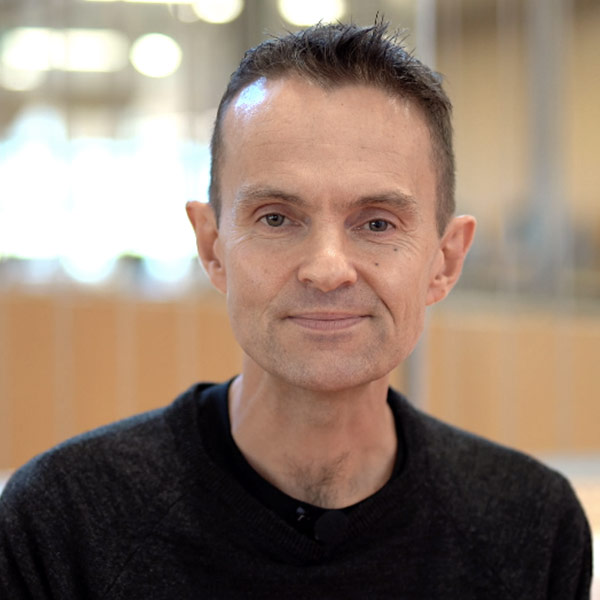
Keynote Synopsis
Despite considerable research into the use of technology in higher education, there is still a gap between what teachers might perceive as valuable digital curriculum design and what students perceive as valuable digital learning experiences. We need to understand how students engage with digital learning, so that we may forge pedagogically-led educational technology. Frequently, TEL interventions appear to be technology-led, rather than responding to identified teaching and learning needs. While the TEL research may add to the body of literature, impact on improvements in practice are more difficult to ascertain. While those researching education technology would argue that they do provide evidence of the benefits of educational technologies, those engaged in the scholarship of teaching and learning (SoTL) would counter this, arguing that TEL researchers are too distanced from practice. Hence research and practice would appear to be progressing along parallel, but largely independent tracks. If we are to bridge the gap between research and practice, and to produce sensible and actionable innovations, we need to adopt a SOTL approach to digital technologies. This talk explores these tensions and examines the relative merits of SoTL in applying educational technology to bring about transformative changes – not just doing things better, but doing better things.

Keynote Synopsis
Universities around the world introduce thousands of students to dozens of disciplines every year. For most of the last century, this kind of education at scale has been delivered in narrowly constructed, industrialized ways. In today's world of digitally mediated education, it is possible to personalize this student experience, even when teaching thousands. Personalization at scale empowers students, providing each individual with the feedback, encouragement, and advice they need to study more effectively, acquire desired competencies, and make more informed academic choices. This talk will describe a variety of ways in which data and information technology are being used to support equity, inclusion, and student success in large university settings.

Keynote Synopsis
It is important not to under-estimate the practical impediments to successfully implementing technology enhanced learning. Educational technology has long been an area of much enthusiasm and idealism, yet it has proven far more difficult to achieve sustained improvements ‘on the ground’.
In his talk, Neil will take the three levels of analysis that underpin this conference – student as individual, student as social being, and student as member of the community. He will examine how each of these levels corresponds to a range of broader contextual influences on how digital technologies are used (and not used) in education. The problem that we face, however, is that many ‘state-of-the-art’ discussions of educational technology pay little attention to these influences.
In contrast, Neil will argue that getting the best from digital technology requires educators and technologists to think carefully about these broader contexts of schools and universities, and how they can be worked with (and sometimes worked around). As such, the talk will consider a number of practical ways that a ‘state-of-the-actual’ approach to educational technology might be implemented.